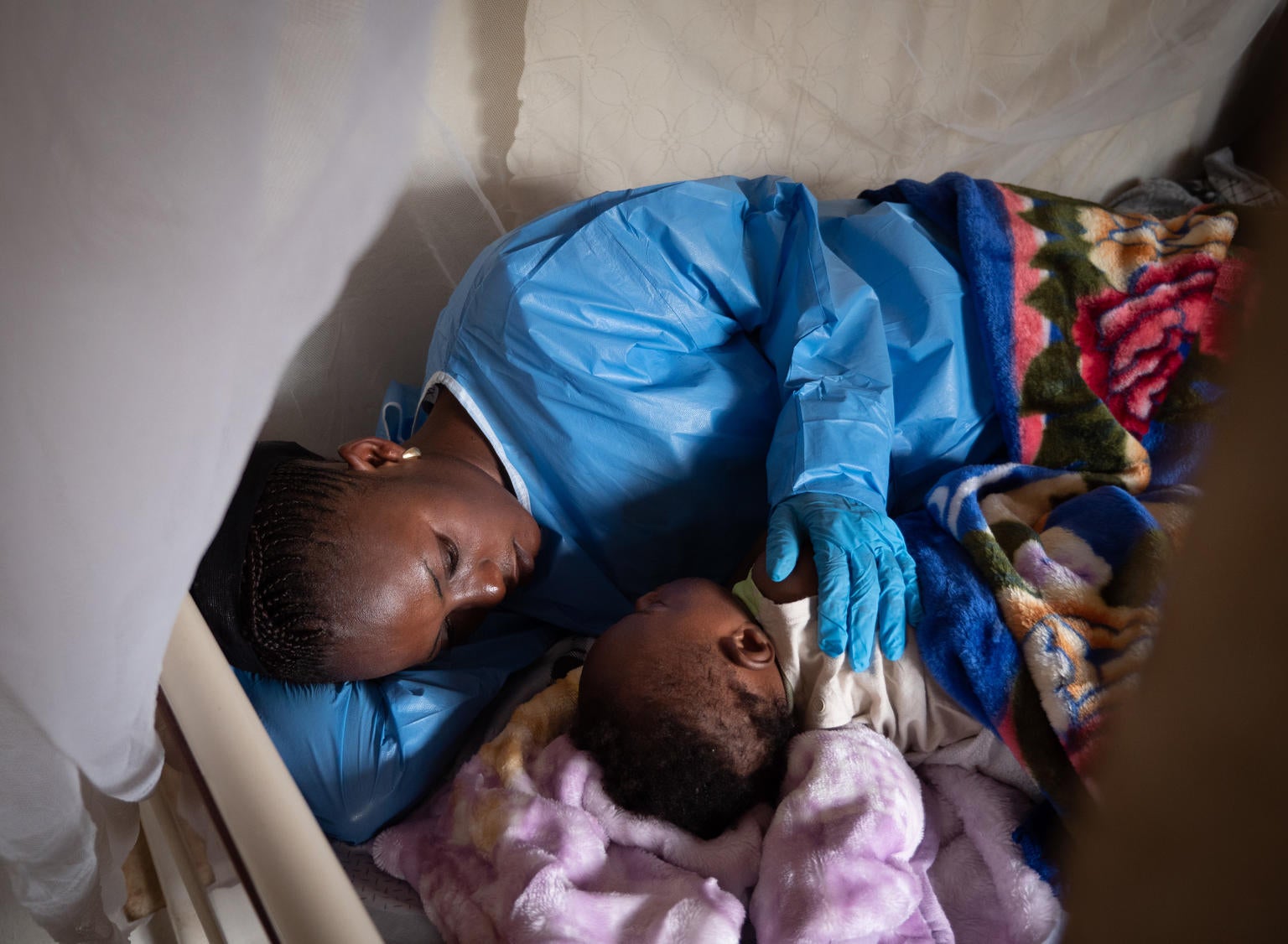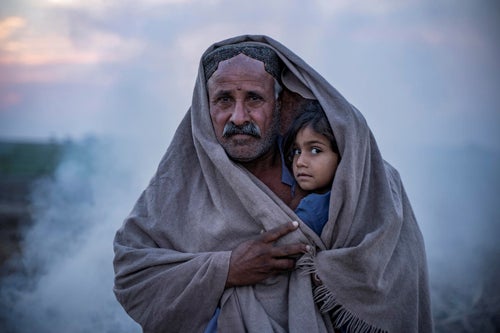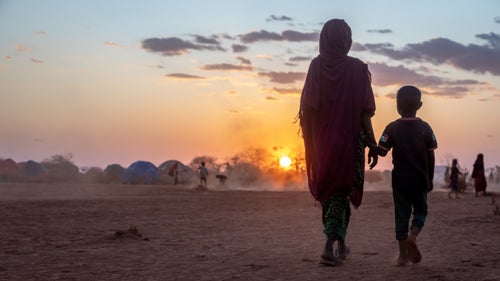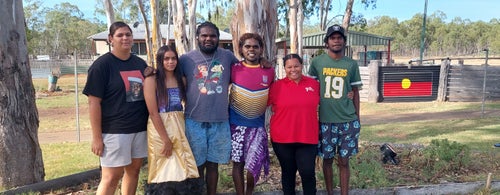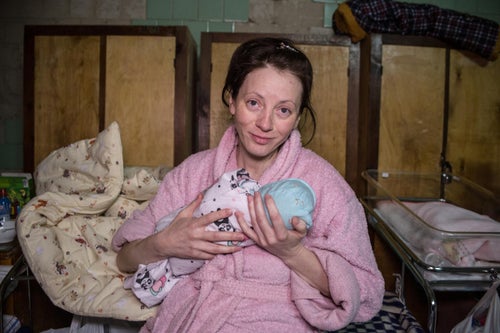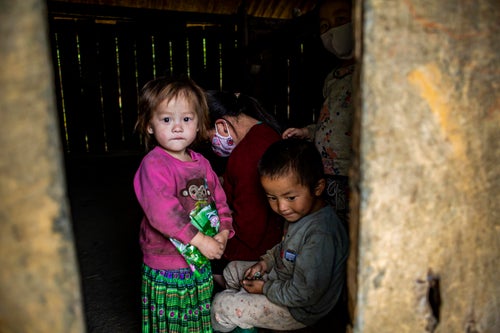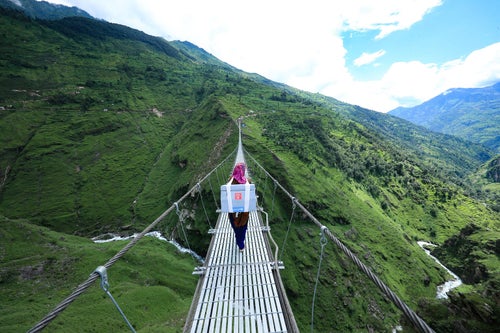The epidemic - dubbed the world’s second largest Ebola outbreak in history - has been especially harrowing for children.
Many have watched their parents die in front of them or seen loved ones taken to Ebola treatment centres uncertain of when or if they will return.
In the Democratic Republic of Congo (DRC), UNICEF and partners have opened nurseries next to Ebola treatment centres in Beni and Butembo where survivors have become caretakers for the tiniest children, providing the love and attention they need in their parents’ absence.
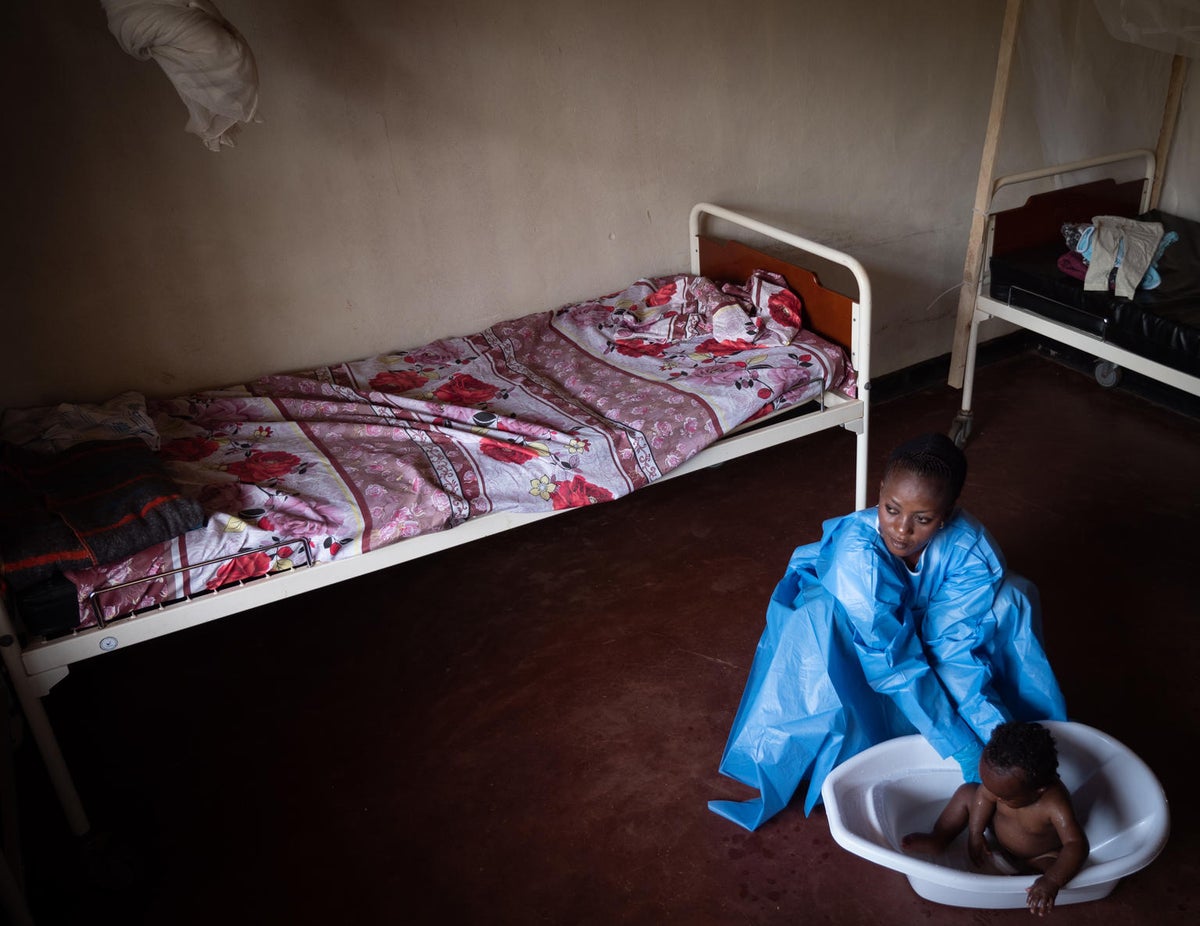
Ebola survivor Kavira is one of these carers. She has antibodies in her system that protect her against re-infection. She feeds, plays, and bathes children like six-month-old Josue, whose mother died from Ebola and whose father is still undergoing treatment.
"I know the sickness and what the mothers are going through. I must look after him like his real mother would."
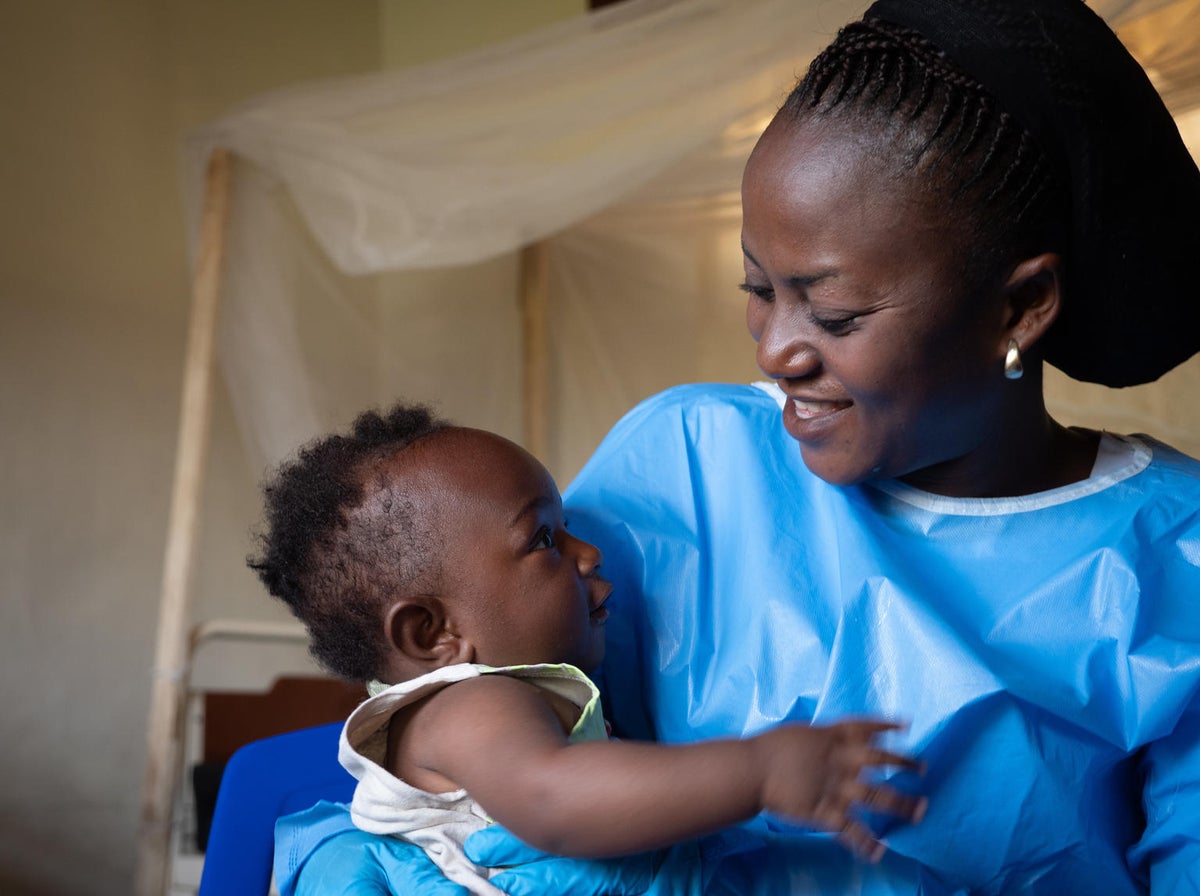
All the children at the centre are monitored for signs of the virus and receive daily medical checkups, but they also receive love, emotional, and psychosocial support from women like Kavira who have been cured and are no longer susceptible to the disease.
Children account for nearly one-third of all confirmed and probable Ebola cases in the DRC. On top of this, the number of children orphaned by Ebola or left unaccompanied is growing as fast as the outbreak itself.
Like Kavira, Ruth spends her time providing care to children admitted in the treatment centre. After Ruth recovered from Ebola, she returned to the centre to support children through their recovery by giving them the support and love every child needs.
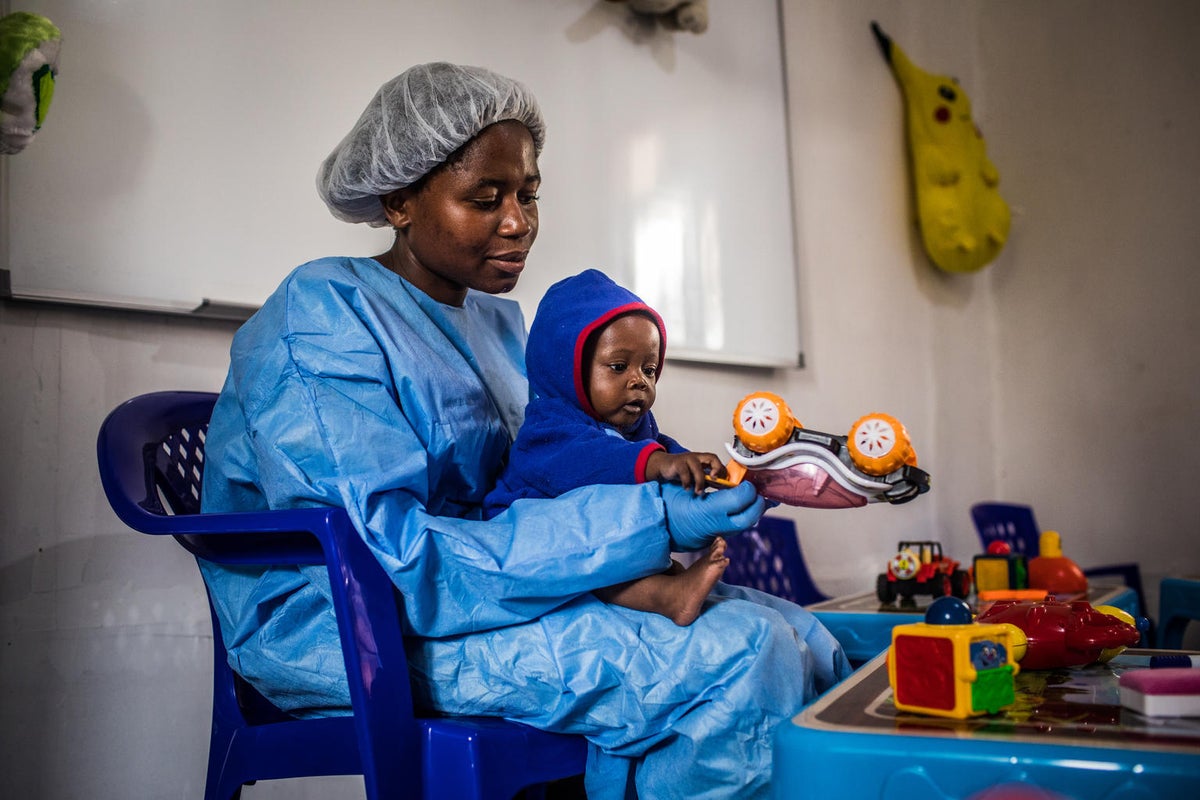
Since the beginning of the epidemic, UNICEF and its partners have deployed hundreds of staff to assist families and children who have been impacted.
The Ebola survivors have become a lifeline for children orphaned by the virus. They provide them with much-needed human interaction and hope at the most difficult of times.
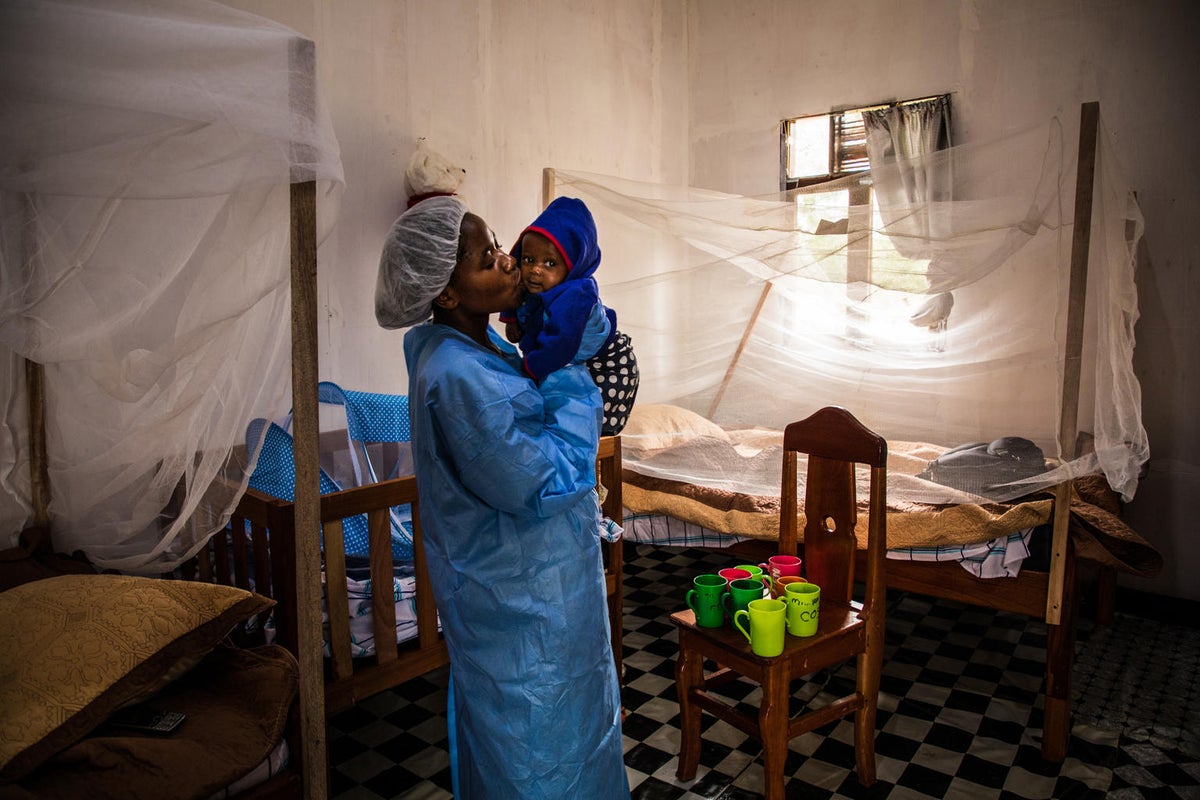
Related articles
Stay up-to-date on UNICEF's work in Australia and around the world



